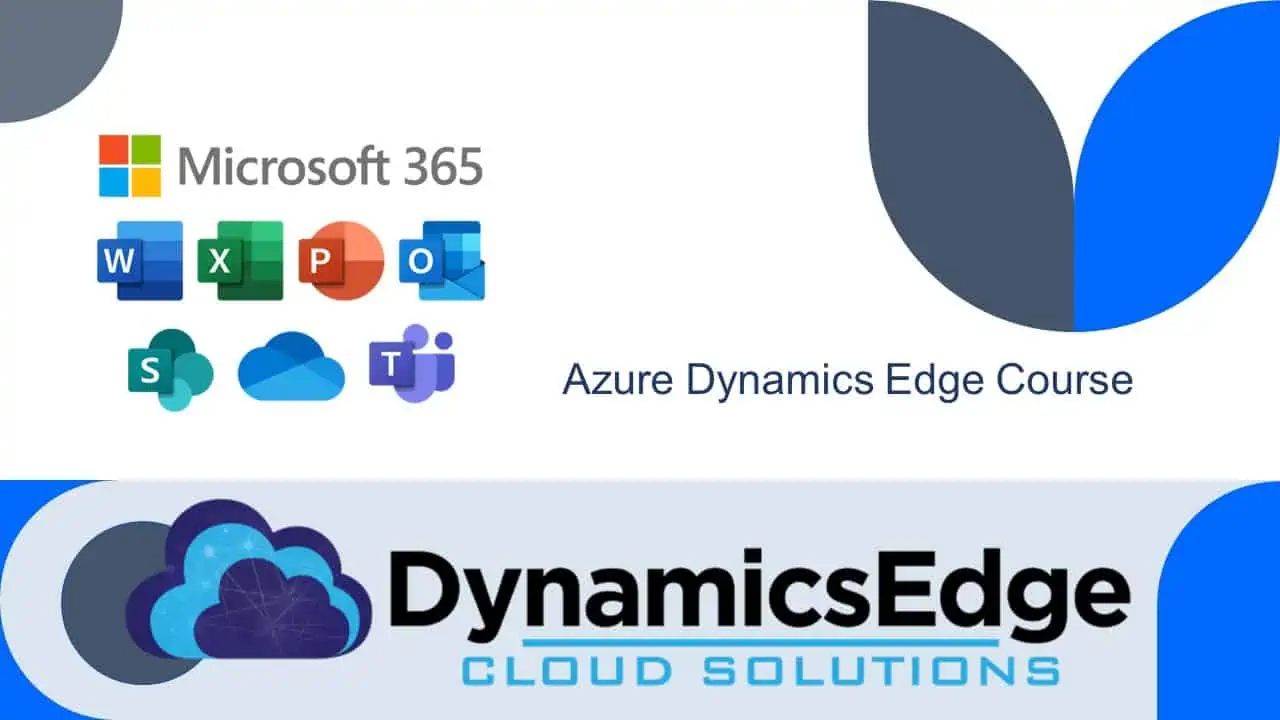Reserve Your Seat
- Virtual instructor Led Training
- Complete Hands-on Labs
- Softcopy of Courseware
- Learning Labs
- Virtual instructor Led Training
- Complete Hands-on Labs
- Softcopy of Courseware
- Learning Labs
- You can use your Purchase Card and checkout
- The GSA Contract Number: 47QTCA20D000D
- Call 800-453-5961 for details
- Customize your class
- Delivery Onsite or Online for your organization
- Choice of Dates when and where you want
- Guidance in choosing and customizing your class
Question About this Course?
Designing and Implementing Enterprise-Scale Analytics Solutions Using Microsoft Azure and Microsoft Power BI DP-500
Course Overview
This course covers methods and practices for performing advanced data analytics at scale. Students will build on existing analytics experience and will learn to implement and manage a data analytics environment, query and transform data, implement and manage data models, and explore and visualize data. In this course, students will use Microsoft Purview, Azure Synapse Analytics, and Power BI to build analytics solutions.
Audience Profile
Candidates for this course should have subject matter expertise in designing, creating, and deploying enterprise-scale data analytics solutions. Specifically, candidates should have advanced Power BI skills, including managing data repositories and data processing in the cloud and on-premises, along with using Power Query and Data Analysis Expressions (DAX). They should also be proficient in consuming data from Azure Synapse Analytics and should have experience querying relational databases, analyzing data by using Transact-SQL (T-SQL), and visualizing data.
Prerequisites
Before attending this course, it is recommended that students have:
- A foundational knowledge of core data concepts and how they’re implemented using Azure data services. For more information see Azure Data Fundamentals.
- Experience designing and building scalable data models, cleaning and transforming data, and enabling advanced analytic capabilities that provide meaningful business value using Microsoft Power BI. For more information see Power BI Data Analyst.
Course Outline
- MODULE 1: Explore Azure data services for modern analytics
- MODULE 2: Understand concepts of data analytics
- MODULE 3: Explore data analytics at scale
- MODULE 4: Introduction to Microsoft Purview
- MODULE 5: Discover trusted data using Microsoft Purview
- MODULE 6: Catalog data artifacts by using Microsoft Purview
- MODULE 7: Manage Power BI assets by using Microsoft Purview
- MODULE 8: Integrate Microsoft Purview and Azure Synapse Analytics
- MODULE 9: Introduction to Azure Synapse Analytics
- MODULE 10: Use Azure Synapse serverless SQL pool to query files in a data lake
- MODULE 11: Analyze data with Apache Spark in Azure Synapse Analytics
- MODULE 12: Analyze data in a relational data warehouse
- MODULE 13: Choose a Power BI model framework
- MODULE 14: Understand scalability in Power BI
- MODULE 15: Create and manage scalable Power BI dataflows
- MODULE 16: Create Power BI model relationships
- MODULE 17: Use DAX time intelligence functions in Power BI Desktop models
- MODULE 18: Create calculation groups
- MODULE 19: Enforce Power BI model security
- MODULE 20: Use tools to optimize Power BI performance
- MODULE 21: Understand advanced data visualization concepts
- MODULE 22: Monitor Data in real time
- MODULE 23: Create paginated reports
- MODULE 24: Provide governance in a Power BI environment
- MODULE 25: Facilitate collaboration and sharing in Power BI
- MODULE 26: Provision Premium capacity in Power BI
- MODULE 27: Establish a data access infrastructure in Power BI
- MODULE 28: Broaden the reach of Power BI
- MODULE 29: Automate Power BI administration
- MODULE 30: Build reports using Power BI within Azure Synapse Analytics
- MODULE 31: Design a Power BI application lifecycle management strategy
- MODULE 32: Create and manage a Power BI deployment pipeline
- MODULE 33: Create and manage Power BI assets
Related Certifications:
Microsoft Certified: Azure Cosmos DB Developer Specialty
Learning Paths
Microsoft Tech Community
Question About this Course?
Need help picking the right course?
Call Now
